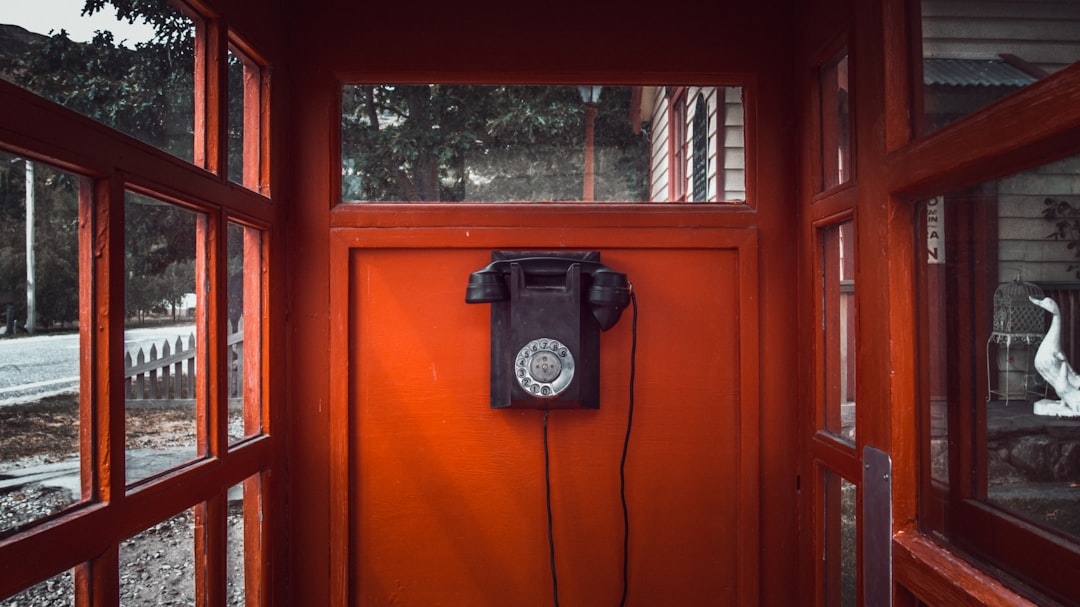In the digital age, unwanted text messages from law firms (robocalls) can be annoying and illegal. New Jersey consumers have rights against these calls, especially through Do Not Text campaigns. Reporting robocalls and choosing reputable law firms that respect privacy are crucial. If you receive an illegal robocall, take action by collecting evidence, contacting a Do Not Text Lawyer New Jersey, filing a lawsuit, and seeking compensation within strict time limits. Engage specialized lawyers to stop future abuse, obtain court orders, and document interactions for supporting your case.
Tired of unwanted robocalls inundating your New Jersey home? You’re not alone. These automated calls, often illegal, are a growing nuisance. Explore your rights and options with this comprehensive guide. Learn about New Jersey’s strict Do Not Text laws and how to take legal action against offending robocallers. Discover the process from gathering evidence to finding top robocall attorneys or law firms New Jersey dedicated to protecting your privacy. Take back control today!
- Understanding Robocall Violations in New Jersey: Laws and Regulations
- Who Can Take Legal Action: Eligibility Criteria for Victims of Robocalls
- Gathering Evidence: What You Need to Prove a Case Against Robocallers
- Choosing the Right Legal Team: Finding Robocall Attorneys or Law Firms in New Jersey
- The Process of Filing a Lawsuit: Steps to Pursue Compensation and Justice
- Potential Outcomes and Rewards: What to Expect After Taking Legal Action
Understanding Robocall Violations in New Jersey: Laws and Regulations
In New Jersey, robocall violations are governed by both state and federal laws designed to protect consumers from unsolicited and deceptive telemarketing practices. The Telephone Consumer Protection Act (TCPA) at the federal level prohibits automated or prerecorded calls to cellular phones unless the caller has obtained prior express consent. State laws, such as those under the New Jersey Telemarketing Act, further restrict robocalls by requiring registrants to maintain detailed records and comply with specific disclosure requirements.
Violations can lead to significant financial penalties for robocall attorneys or law firms in New Jersey. Consumers who receive unwanted robocalls may file complaints with the Federal Communications Commission (FCC) or take legal action against the offending party, seeking damages and injunctive relief. For those who have been affected by such violations, it’s advisable to consult with a Do Not Text lawyer or attorney in New Jersey who specializes in handling robocall cases to explore their legal options and seek compensation for any harm incurred.
Who Can Take Legal Action: Eligibility Criteria for Victims of Robocalls
Anyone who has received unwanted automated or prerecorded telephone calls, commonly known as robocalls, can pursue legal action in New Jersey. The state has strict regulations against such telemarketing practices, especially when they involve deceptive or harassing behavior. Victims of robocalls do not need to have directly placed a call to an attorney; instead, if the calls caused distress, annoyed, or disturbed them, they may be eligible to take legal action.
In New Jersey, individuals can file complaints with the Attorney General’s Office and the Federal Trade Commission (FTC). Additionally, those who feel their privacy rights have been violated can consult a qualified Do Not Text lawyer in New Jersey. Legal professionals specializing in robocall cases, including robocall attorneys and law firms, can help victims understand their rights and take appropriate legal steps against the perpetrators.
Gathering Evidence: What You Need to Prove a Case Against Robocallers
Choosing the Right Legal Team: Finding Robocall Attorneys or Law Firms in New Jersey
The Process of Filing a Lawsuit: Steps to Pursue Compensation and Justice
If you’ve received a robocall in New Jersey and believe it violated your rights, pursuing legal action can be a step towards securing compensation and achieving justice. The process begins by gathering evidence – save or document any messages, note the caller’s information, and keep records of any interactions related to the call. Next, contact a Do Not Text lawyer New Jersey or Do Not Text attorney New Jersey who specializes in robocall cases for an initial consultation. They can assess your situation, explain your rights under New Jersey law, and guide you through the best course of action.
Hiring a robocall law firm New Jersey or robocall attorneys New Jersey will provide access to legal expertise and resources tailored to these specific cases. They’ll file a lawsuit on your behalf against the violator(s), seeking damages for any harm caused, including emotional distress, lost time, or financial losses. It’s crucial to act promptly; there are strict time limits within which you can file a claim, so Do Not Text lawyers New Jersey encourage affected individuals to reach out as soon as possible.
Potential Outcomes and Rewards: What to Expect After Taking Legal Action
Taking legal action against robocall violations in New Jersey can lead to several positive outcomes and rewards. If your case is successful, you may be entitled to monetary compensation for any financial loss or distress caused by the unwanted calls. This could include damages for each violation, as well as punitive damages to deter future abusive practices. Additionally, a court order can be sought to stop the robocaller from contacting you or similar victims again, providing much-needed peace of mind.
Engaging Do Not Text lawyers in New Jersey, such as reputable robocall attorneys or law firms specializing in telecom regulations, increases your chances of securing these outcomes. They have the expertise and resources to navigate complex legal procedures, negotiate with violators, and represent you in court. Remember that while pursuing legal action, it’s crucial to document all interactions with the robocaller and keep records of any damages incurred, as these will be essential in supporting your case.






